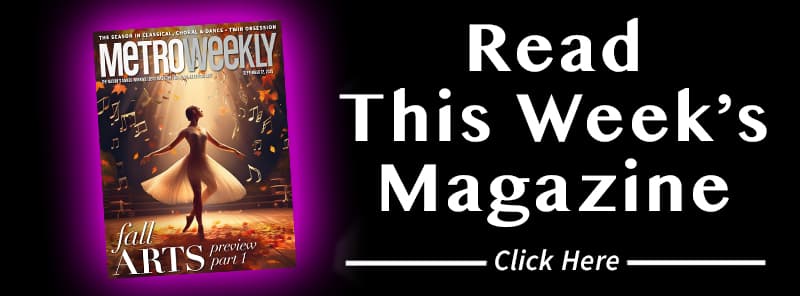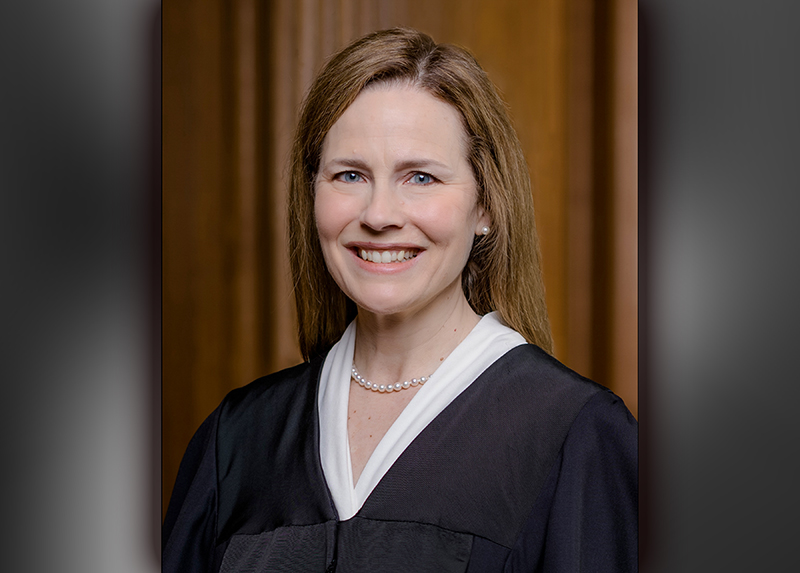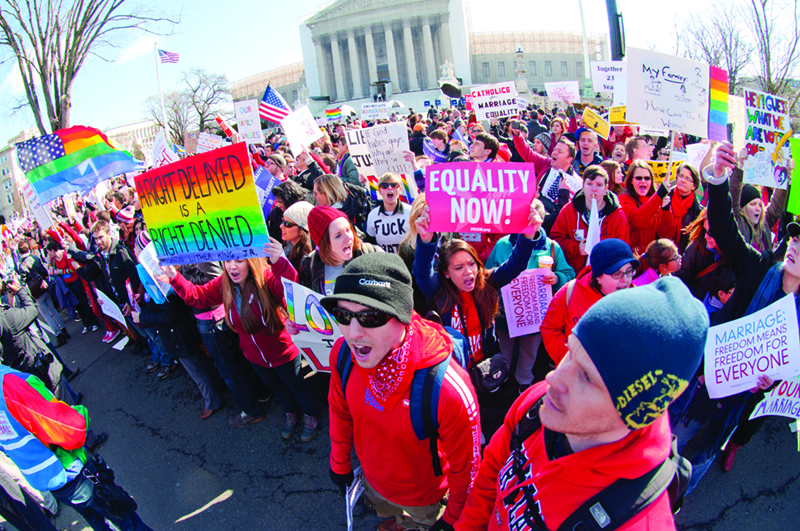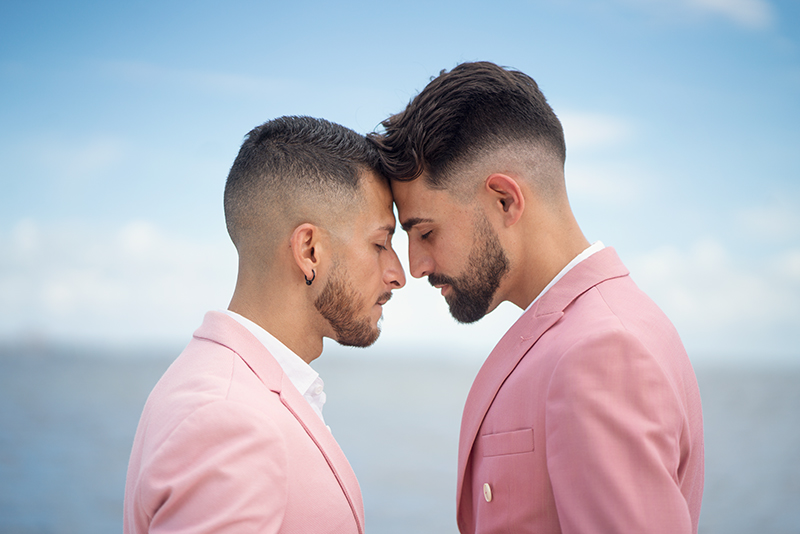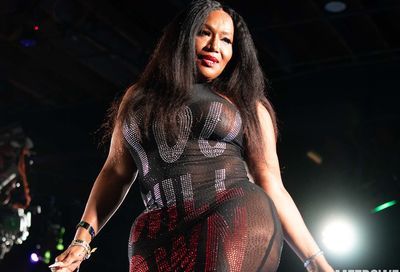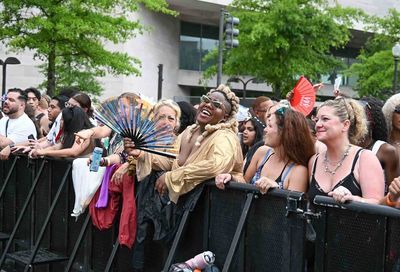Goucher College Poll Shows Broad Support for Maryland Marriage Equality, Though Not Specifically Among Voters
A new poll from Baltimore’s Goucher College shows a majority of Marylanders support marriage equality for gay and lesbian couples, but also underscores the importance of each side’s ability to turn out die-hard supporters and ensure that they vote on the Question 6 referendum, which would allow same-sex couples to obtain Maryland marriage licenses.
 The poll, conducted from Oct. 21 to 25 on both landlines and cellphones among a random sample of 667 Maryland residents – including some not registered or unlikely to vote – asked respondents if they supported allowing same-sex couples to legally marry. The results showed 55 percent of Marylanders in favor of allowing same-sex couples to legally marry, 39 percent opposed, and 5 percent of respondents giving no answer. The poll’s margin of error is 3.79 points.
The poll, conducted from Oct. 21 to 25 on both landlines and cellphones among a random sample of 667 Maryland residents – including some not registered or unlikely to vote – asked respondents if they supported allowing same-sex couples to legally marry. The results showed 55 percent of Marylanders in favor of allowing same-sex couples to legally marry, 39 percent opposed, and 5 percent of respondents giving no answer. The poll’s margin of error is 3.79 points.
The Goucher poll shows white voters in support of allowing same-sex couples to marry by a nearly 60-36 margin. It also found majority support among black residents, with 49 percent in favor, 43 percent against. Among Maryland residents of other races, 51 percent support same-sex marriage, while 42 percent oppose it.
Women are overwhelmingly supportive of same-sex marriage, with 62 percent of respondents favoring legalization, versus 34 percent against. Men are closely divided, with supporters leading opponents by a slim 48-45 edge.
The findings on gender are in line with other polls of same-sex marriage, said Mileah Kromer, director of Goucher’s Sarah T. Hughes Field Politics Center, which conducted the poll.
“Historically, there’s always been a gender gap,” Kromer told Metro Weekly. “Women are more likely to view gay and lesbian rights more favorably than their male counterparts.”
As to the poll’s findings on race, Kromer noted that several of the pro-Question 6 ads have featured African-American clergy, teachers and other respected community figures to try and mitigate a historical deficit that marriage equality has faced in some black communities.
“As a whole, African-Americans tend to be more evangelical and practice their religion more, so they have a hard time supporting anything that might conflict with their religious beliefs,” Kromer said. “That’s why you see the pro-[Question] 6 ads like the one featuring the reverend being aired.”
Although the poll did not attempt to model a likely voter screen, it did ask respondents their political affiliation. Among self-described Republicans, who made up about 27 percent of the sample, 31 percent supported allowing same-sex couples access to marriage licenses, while 65 percent opposed the idea. Among self-described Democrats, who made up about 58 percent of the sample, support for same-sex marriage led 69-26. Independents and members of other parties favored marriage equality by margins of 50-39 and 54-43, respectively.
The poll also asked respondents if they thought allowing two people of the same sex to legally marry would change society for the better, have no effect or change society for the worse. Overall, 42 percent said it would have no effect, 22 percent said it would change society for the better, and 32 percent said it would change society for the worse.
The results of the Goucher poll come on the heels of a Baltimore Sun poll that found Maryland likely voters deadlocked on whether same-sex marriage should be legal or illegal.
“It sounds cliché, but it is a sprint to the finish now, with just a week left,” Kromer said.
Kromer noted that the multiple referendums on the November ballot may drive some conservatives who might not feel their vote “counts” in solidly blue-state Maryland to turn out and vote against several of the initiatives passed by the General Assembly.
While she did not comment on the results or methodology of other polls, Kromer said Goucher’s methodology, in polling cellphones and landlines, give a picture of what sentiment in the state looks like.
“It’s a good poll about what citizens think, not just voters,” she said when asked about the high level of support for same-sex marriage among respondents. “We wanted to include all groups, since government represents all citizens, not just those who vote. We feel it accurately reflects opinions in the state. In fact, our numbers actually do look like national numbers, with the exception that we are a blue state.”
But Kromer also tempered her remarks, noting that every time same-sex marriage has been put to a popular vote, it has been defeated.
Kromer said the best advice she could give to supporters of marriage equality would be to make sure voters know what a “yes” vote and a “no” vote mean, to eliminate confusion among potential voters, some of whom may not be able to follow the wordy description of the measure that appears on the ballot.
“The sentiment is there,” Kromer said of support among the citizenry for allowing same-sex couples to legally wed. “The issue is turnout and voter education. If you have zero information about the measure, you had better hope people know which way to vote.”
Support Metro Weekly’s Journalism
These are challenging times for news organizations. And yet it’s crucial we stay active and provide vital resources and information to both our local readers and the world. So won’t you please take a moment and consider supporting Metro Weekly with a membership? For as little as $5 a month, you can help ensure Metro Weekly magazine and MetroWeekly.com remain free, viable resources as we provide the best, most diverse, culturally-resonant LGBTQ coverage in both the D.C. region and around the world. Memberships come with exclusive perks and discounts, your own personal digital delivery of each week’s magazine (and an archive), access to our Member's Lounge when it launches this fall, and exclusive members-only items like Metro Weekly Membership Mugs and Tote Bags! Check out all our membership levels here and please join us today!







